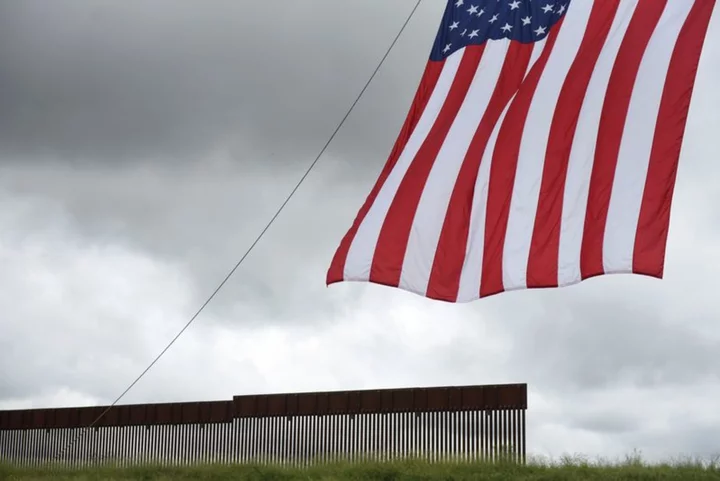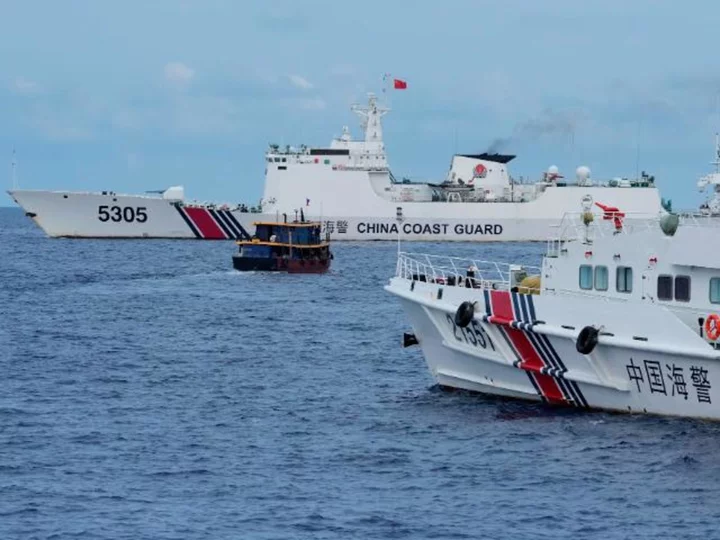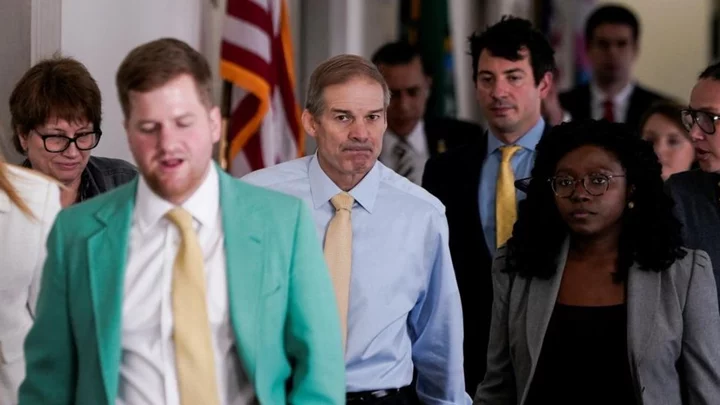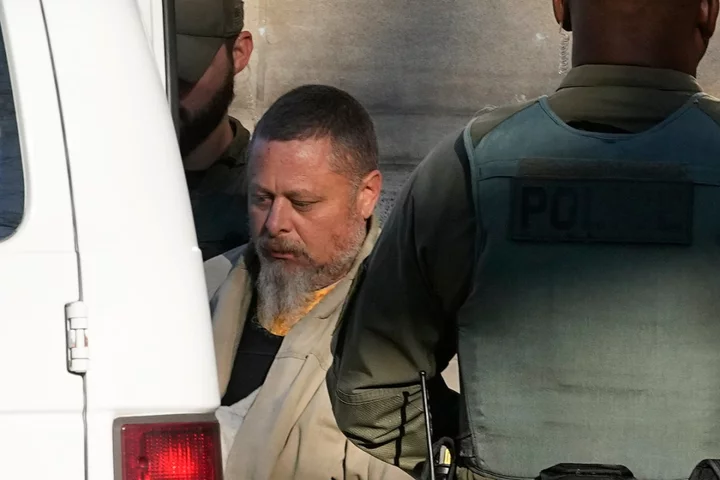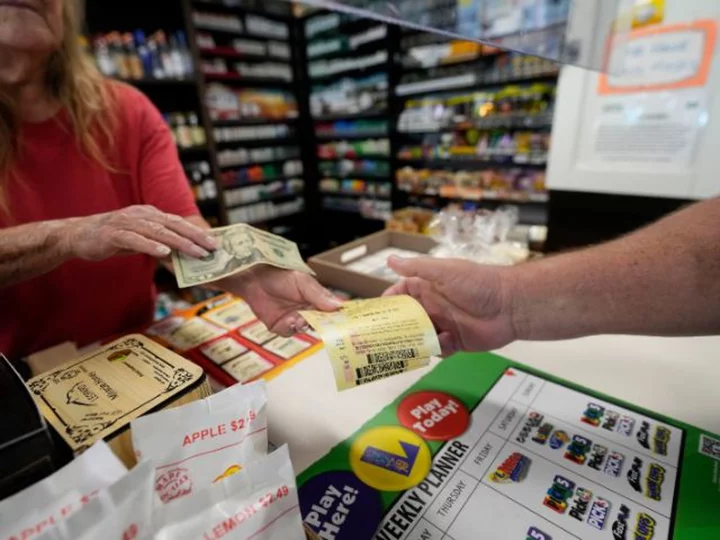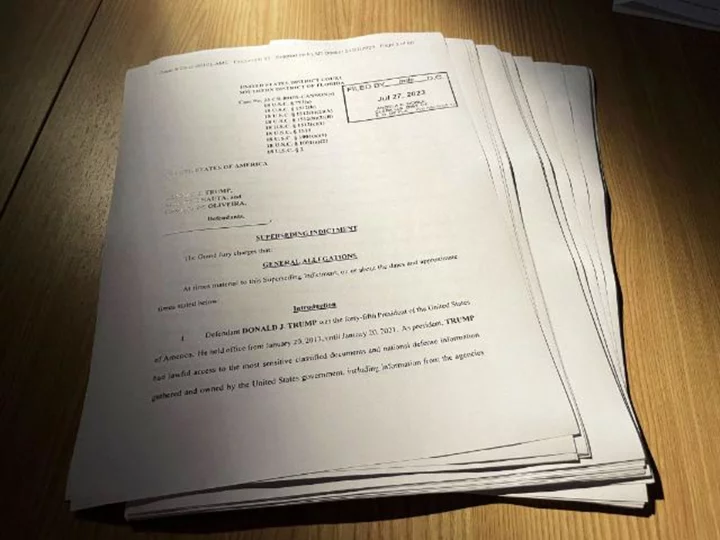By Luc Cohen
NEW YORK The sole person convicted at trial of defrauding donors to an online campaign to build Donald Trump's signature wall along the U.S.-Mexico border was sentenced on Tuesday to 5-1/4 years in prison.
Timothy Shea's sentence was the longest imposed over the "We Build the Wall" campaign, which federal prosecutors said raised more than $25 million from hundreds of thousands of donors.
Two other defendants, who pleaded guilty, received shorter prison terms. Former Trump adviser Steve Bannon was also charged in the case, but Trump pardoned him in the final hours of his presidency.
A Manhattan jury in October found Shea, of Castle Rock, Colorado, guilty on two conspiracy counts and one count of obstruction of justice after a one-week trial. An earlier trial ended last June in a hung jury.
In sentencing Shea, 52, U.S. District Judge Analisa Torres said he helped his co-defendants launder looted donor funds through shell companies, even as they claimed all the money was going to build the wall, and kept $180,000 for himself.
"They hurt us all by eroding the public's faith in the political process," Torres said at a hearing in Manhattan federal court.
The sentence matched the recommendation by the U.S. Attorney's office in Manhattan, which brought the case.
Prosecutors argued in court papers that he viewed the campaign as a "personal piggybank" and tried to deflect blame for his misconduct.
Shea's defense lawyer had sought a prison term of about two years. He said the fundraising plan was not Shea's idea, and that while Shea was paid he did actual work for the project.
Two other defendants, the campaign's leader Brian Kolfage and Andrew Badolato, pleaded guilty and were sentenced in April to 4-1/4 years and three years in prison, respectively. Torres said on Tuesday their health issues were significant mitigating factors.
Bannon was criminally charged last September by Manhattan District Attorney Alvin Bragg with state law violations arising from the wall campaign.
Bannon pleaded not guilty and faces a trial next May 27. Presidential pardons do not cover state prosecutions.
(Reporting by Luc Cohen in New York; Editing by Matthew Lewis)

